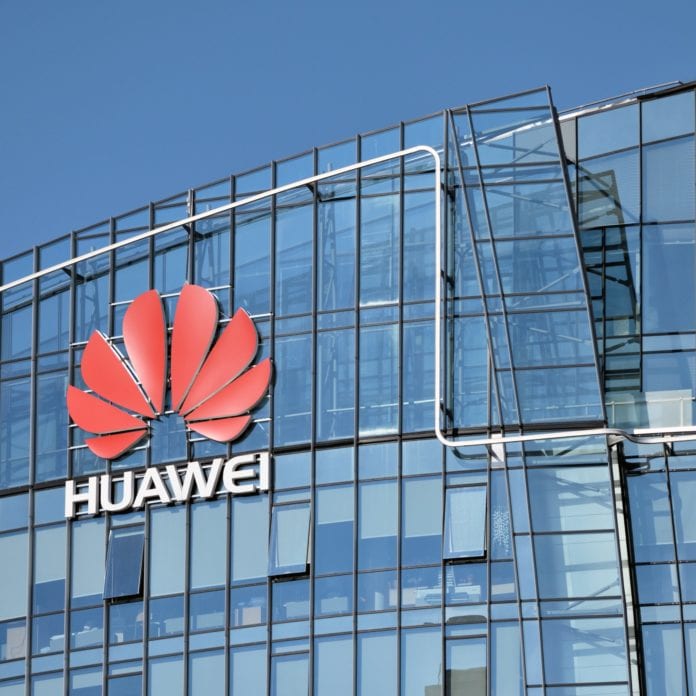Group can only provide “limited assurance” of security mitigation related to Huawei equipment
Chinese telecoms vendor Huawei is facing security-related scrutiny particularly in the United States and Australia. Now, with the release of a report from a U.K. watchdog, concerns around network security seem to be popping up in another of Huawei’s key markets.
The Huawei Cyber Security Evaluation Centre (HCSEC) Oversight Board earlier this week released its annual report, which indicates “shortcomings in Huawei’s engineering process [that] have exposed new risks in the U.K. telecommunication networks and long-term challenges in mitigation and management.”
The HSEC began its oversight work in 2010. The body is charged with examining and correcting “any perceived risks” associated with using the firm’s equipment in U.K. networks, according to the group.
Further from the annual report, the group is worried about “the proper functioning of the mitigation strategy” and “can provide only limited assurance that all risks to U.K. national security from Huawei’s involvement in the U.K.’s critical networks have been sufficiently mitigated.”
According to a BBC report, a spokesman for the equipment giant said there are “some areas for improvement. We are grateful for this feedback and are committed to addressing these issues. Cybersecurity remains Huawei’s top priority, and we will continue to actively improve our engineering processes and risk management systems.”
In Australia, regulators are considering locking the company out of the bidding process for deployment of 5G networks generally revolving around concerns that Huawei is closely aligned with the Chinese government, something the equipment maker long denied.
In the U.S., the Chinese firm is cut out of Tier 1 operator networks. The company has a robust business with rural carriers, which is also somewhat up in the air at the moment. Essentially the FCC is considering withholding Universal Service Funds, earmarked for rural broadband investment, from operators that use Huawei’s equipment.
Also in the U.S., federal authorities recently barred U.S. firms from selling components to Chinese network infrastructure vendor ZTE, which effectively shutdown the company’s operations. That ban was recently lifted by the U.S. Department of Commerce on the condition ZTE pay a $1 billion penalty related to violation of rules stopping sales of equipment to North Korea and Iran, as well as placing $400 million into a U.S. escrow account.

